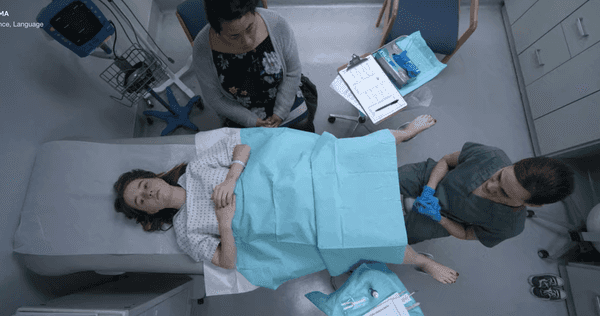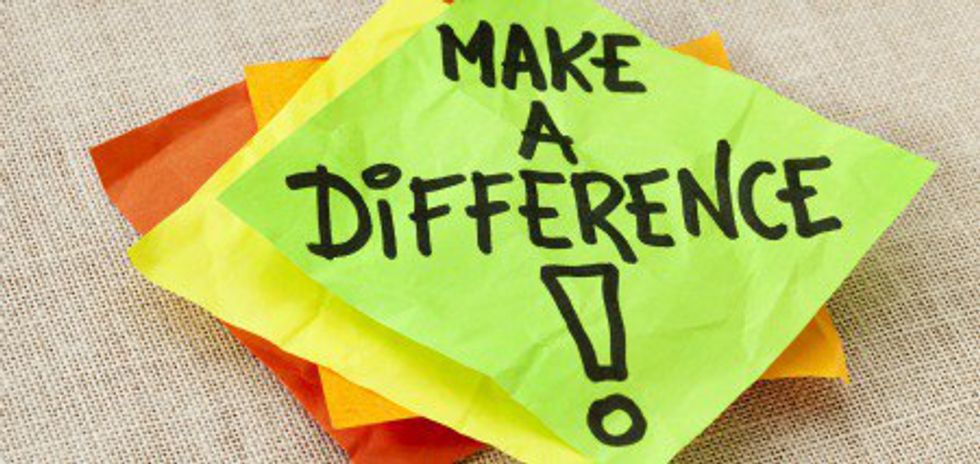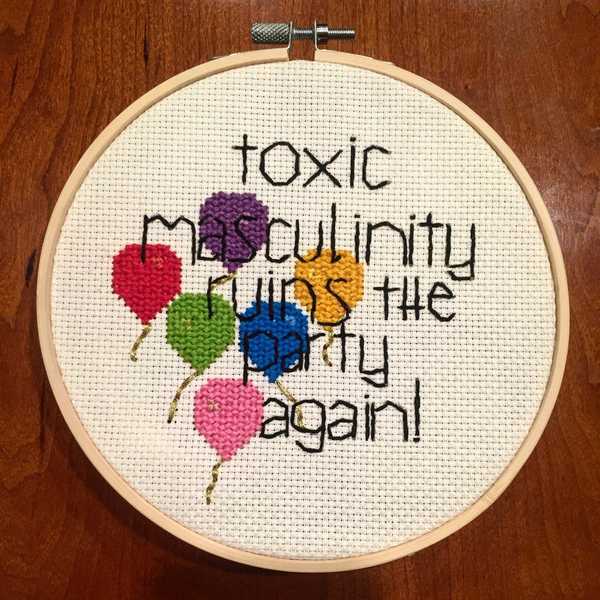There is an epidemic on college campuses; an epidemic that’s more perturbing than the slews of strep throat and influenza that periodically grace their presence on campuses. This travesty, that no college campus is immune to, is called sexual assault.
According to the Rape, Abuse, and Incest National Network, 23.1% of females in undergraduate programs are sexually assaulted during their time at college. It isn’t just a female problem, however. The same reliable source tells us that male college students are 78% more likely to experience rape than are non-students of the same age. These statistics are flat-out horrifying, but rather than reacting to the situation with fear and paralysis of our daily lives, I propose that we become proactive in preventing rape by changing the culture of our college environments. One way in which to approach this change in the mindset of our classmates and colleagues is to know a little bit about how the neurobiology of sexual assault works.
The neurobiology of sexual assault is extraordinarily complex, yet it is exceedingly vital to our understanding of what survivors go through during and after the assault. Within the human brain, we have the hypothalamus, which is the control center of the brain. It controls the pituitary gland, which during sexual assault, activates the adrenal glands. This chain of activation prompts the formation of an HPA axis, which is our stress response system. The HPA axis will release four primary hormones.
Catecholamines are released, which trigger the amygdala, producing a sensation of fear and a fight, flight, or freeze response. Cortisol is the second hormone released, and that controls how much energy is allocated to your system to handle the situation. The last two hormones released are opiates and oxytocin, which blunt the physical trauma and produce positive feelings. This hormone release is entirely evolutionary in nature, and has been a signature of human stress and trauma management for our entire biological history.
When these hormones are released, however, they have an effect that hasn’t been discussed yet: they affect the memory system that our brain has in place. The amygdala, hippocampus, and prefrontal cortex are all parts of the brain responsible for memory storage. While typically, these three work exceedingly well together in storing long and short-term memory for us, they are extremely sensitive to abrupt hormone changes, which is exactly what occurs during a sexual assault.
The amygdala, sensitive to fearful emotion, is going to recognize a threat to survival, and trigger the hippocampus to release those four main hormones in a flood throughout the body. This hormone flood causes the prefrontal cortex, whose job is to pay attention to details, to shut down. With the prefrontal cortex shut down, our brain relies on the most evolutionarily basic portion of our brain, the portion focused solely on survival, to store rudimentary memories.
This means that the only memories that will be stored of the event are those that are pertinent to survival. Because of this, the memories that a survivor has of the assault are completely fragmented. They may remember something here, something there, but with no ability to pay attention to detail, the memory will be focused solely on staying alive. This is why when survivors are asked questions like, “what was the perpetrator wearing?” or “What did the room look like?” they are unable to recall those details. The temporal sequence of events will also be completely distorted due to this hormone rush.
Sometimes, this rush of hormones goes one step further in ensuring survival by causing the body to freeze. This freeze, that is entirely out of the control of the survivor, is called tonic immobility. In our past history as early humans, it was sometimes highly beneficial to our survival to “play dead” in order to, say, not be eaten by a wooly mammoth. This physiological reaction to trauma has remained with us for thousands of years and still presents itself occasionally during instances of sexual assault. This is why many times, survivors of sexual assault are unable to move or have any type of bodily reaction (i.e. fight back) during the assault.
This information is incredibly vital for so many reasons. It provides a research-based, scientific explanation for many of the questions that people have regarding sexual assault. While some of us may never truly understand what a survivor of sexual assault endures, this revolutionary research now gives us a basic insight into what goes on internally, which translates to what we perceive externally. This information gives us a basis for how we can improve our criminal justice and law enforcement systems. Less than 3 percent of rapists face jail time, according to RAINN, and that is due largely in part to the inability of survivors to piece together the fragmented memories of the assault.
Imagine writing a story on a few sticky notes, scrambling up the notes, and then trying to put the story back together. This is a naturally simple task for us, and a representation of how normal human memory functions. Now, imagine taking those sticky notes and tearing them into a hundred little fragments, scattering them all throughout your bedroom, and then waking up the next day and trying to piece the story back together. This is a representation of how the human memory works immediately following a sexual assault.
When police officers and detectives are interrogating survivors, the survivors are unable to piece everything together due to this fragmentation of the memory, so the officers on the case dismiss the survivor’s account altogether. This is why only 3 percent of rapists are in prison serving a sentence for their abominable crime. If law enforcement is made aware of this incredible information, a greater understanding and empathy for survivor’s lack of memory will be appreciated, leading to less harsh interrogation tactics and more compassion and patience, which then leads to more rapists being convicted and held accountable.
RAINN also reports that 54 percent of rapes go unreported. That means that half of the survivors in the United States don’t feel comfortable coming forward. We, through various media outlets, have created a culture that sexualizes consent-less sex, a culture that praises men for being sexual, but condemns women for having the same notions. When the number one question that is asked of survivors after they come forward about their assault is “well what were you wearing?” or “were you drinking?,” it is clear that we have failed our survivors.
No matter what the circumstances, sexual assault has become a victim problem, and not a rapist problem in our society. What is that telling our young people, the most vulnerable and malleable of our world who are surging into this turbulent, victim-blaming culture? It’s telling them that rape is okay because you won’t go to prison and society is on your side.
How can we use this information to be more proactive in our fight against sexual assault? I’m glad you asked. By doing simple things, you can be the voice that shines in the darkness to these younger people. On your college campuses, all it takes is for one voice to say enough is enough, and that voice could be yours.
Stand up and do something! Join a health promotion or peer education group on your campus. Talk about these issues with your peers and professors. Know about your Title IX procedures. Be there for survivors who come forward as a support system. Don’t be a bystander. Share this information with everyone you know so that we can end the campus culture that cultivates rape.
If there is any generation that can do this, I truly believe it is ours, my fellow millennials. Let’s use science to break the chain once and for all, and make justice for sexual assault survivors a pillar of who we are as college students and as human beings.
DISCLAIMER: All research was conducted by Dr. Rebecca Campbell, a renowned neurobiologist.























